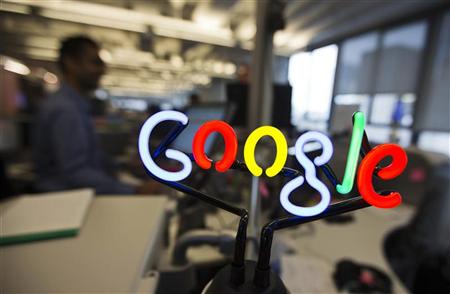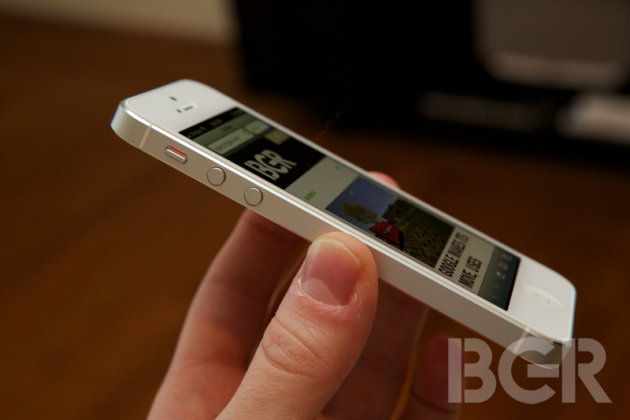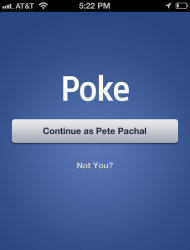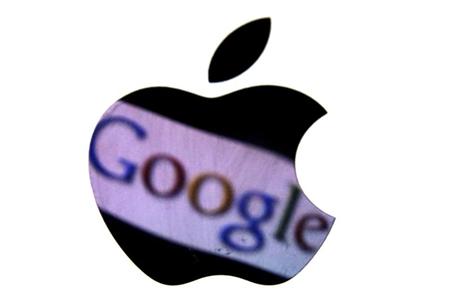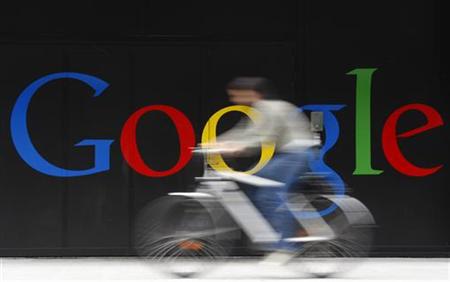LONDON (Reuters) - Google will be forced to change the
way its search results are presented in Europe or face antitrust charges
for "diverting traffic" to its own services, The Financial Times
reported the European Union's antitrust chief as saying.
The EU's competition commissioner, Joaquin Almunia,
told the newspaper in an interview published on Friday that he intends
to prevent Google from allegedly distorting choices for consumers and
taking business from rivals.
"We are still investigating, but my conviction is are
diverting traffic," the newspaper quoted him as saying, referring to
Google's preferential treatment of its own vertical search services.
"They are monetizing this kind of business, the strong
position they have in the general search market and this is not only a
dominant position, I think - I fear - there is an abuse of this dominant
position," he said.
The EU issued Google an ultimatum on December 18,
giving it a month to come up with detailed proposals to resolved a
two-year investigation into complaints that it used its power to block
rivals such as Microsoft [ID:nL5E8NIF8C]
Google has been the center of a two-year investigation
by the EU based on complaints that Google unfairly favored its services
over its rivals in search results and that it may have copied material
from travel and restaurant websites without permission.
Almunia told the newspaper that his concern was "the
way they present their own services" and that he was "not discussing the
algorithm" the top-secret formula behind Google's search engine.
The FT said this suggested one facet of the solution
would be labeling when Google's in-house services - such as shopping
comparison information - are artificially given higher billing than
rivals, although other changes would likely apply to how Google services
are displayed within general search engines.
He also said that while Google showed a more
constructive approach at a meeting in December, he warned that he would
be "obliged" to issue formal charges if its proposal was unsatisfactory.
Google spokesman Al Verney said: "We continue to work cooperatively with the commission."
DIVERGENCE FROM U.S.
Almunia's spokesman confirmed the quotes in the FT but
said they did not add a new position on behalf of the European
Commission.
"He was highlighting that we think the preferential
treatment may lead to diversion of traffic, which we consider
anticompetitive. That's a basic concern we have as we explained last
May," the spokesman, Antoine Colombani, told Reuters.
The EU's stance on Google marks a sharply different
approach to that of U.S. regulators, who last week ended their
investigation into the company and concluded that it had not manipulated
its Web search results to hurt rivals, a verdict which disappointed its
rivals.
Almunia told the FT that the EU's rare divergence with
the U.S. was due to the differing legal standards for abuse of
dominance, as well as Google's stronger position in Europe where it
handles more than 90 percent of searches.
He also dismissed the idea that an intervention would
cause a rift with the US and trigger outrage at a European meddling with
a US corporate giant.
He said, "I have never received a single message coming
from the other side of the Atlantic saying, 'hey, what are you doing?'
Everyone knows this is global."
Almunia said a
separate a less advanced probe into Google's Android's operating system
will remain open and outside the settlement.
Resource : Yahoo News
